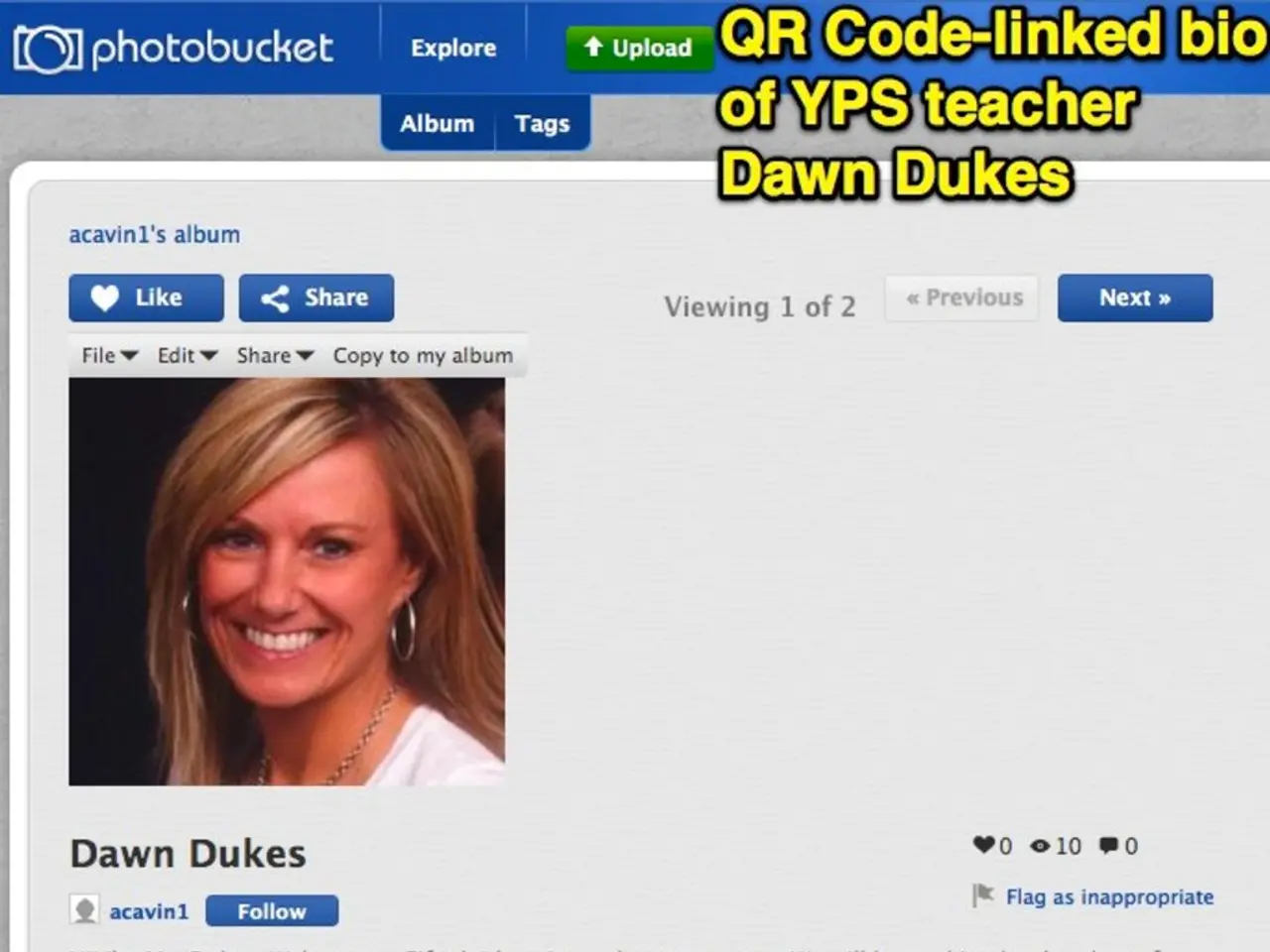Managing a Balanced and Healthy Social Media Interaction
In the year 2025, politics dominate social media platforms, with heated discussions, misinformation, and polarized opinions. Yet, the digital realm extends far beyond the realm of politics, offering a diverse range of experiences and potential impacts on our mental health.
Britt Frank, a licensed psychotherapist, emphasizes the importance of using social media mindfully. "Social media can be either harmful or helpful," she says, "and the key lies in how we choose to engage with it."
One area of concern is the effect of late-night social media use on sleep patterns. According to Whitney Goodman, a licensed marriage and family therapist, extended use can lead to later bedtimes, less sleep, and poorer overall sleep quality.
On the other hand, social media can serve as a platform for self-expression and growth. Users can share their talents, such as music, photography, poetry, flower-making, decorating, and cooking/baking skills, connecting with others who share similar interests.
The prevalence of social media use is widespread, with Germany leading the way in 2025. About 76% of people use WhatsApp daily, while Facebook remains the most popular platform by monthly active users. Instagram and Twitter follow closely behind. Social media use is not confined to younger generations; it spans across all age groups.
However, the impact of social media on mental health is complex. While it can contribute to feelings of isolation, anxiety, and negative self-image, it can also provide access to resources, increase awareness of causes, and help users connect with others.
One significant concern is the curated, filtered content that often appears on social media platforms, which can lead to feelings of inadequacy. Comparisons to idealized images can lead to body image issues, such as "Snapchat dysmorphia."
Signs that may indicate a need for professional support include spending excessive time on social media, experiencing conflict, frequent comparisons to others, and difficulty stepping away despite unwanted consequences.
Despite these challenges, social media can be a valuable tool for finding support groups, mental health resources, and important information. For people with limited access to in-person support, online communities can offer a sense of connection and a safe space to share experiences.
Building a healthier relationship with social media involves recognizing it as a tool and setting boundaries to avoid excessive use. Tips for achieving this include getting curious about behaviour, curating content, setting boundaries, being gentle with oneself, and avoiding social media in the morning and at night.
Excessive social media use can take time away from beneficial activities such as spending time with loved ones, spending time in nature, taking care of oneself, engaging in hobbies, exercising, and more.
Social media also allows users to connect with like-minded people worldwide and expand their creative horizons through joining groups for favorite hobbies or learning from others with shared interests. It can help users learn about various cultures and daily life from people around the globe.
Being mindful of social media use and setting boundaries can foster a healthier relationship with it and improve overall well-being. A therapist can help users set boundaries, address underlying issues, and build a healthier relationship with social media if their use is affecting mental health.
Read also:
- Overweight women undergoing IVF have a 47% higher chance of conceiving naturally post-weight loss
- Bonsai Trees from Evergreen Species: Exploring Growth Characteristics & Distinct Qualities
- What temperatures may make walking your canine companion uncomfortable?
- Title: Information About Beovu: Potency, Form, Usage, and Additional Details






